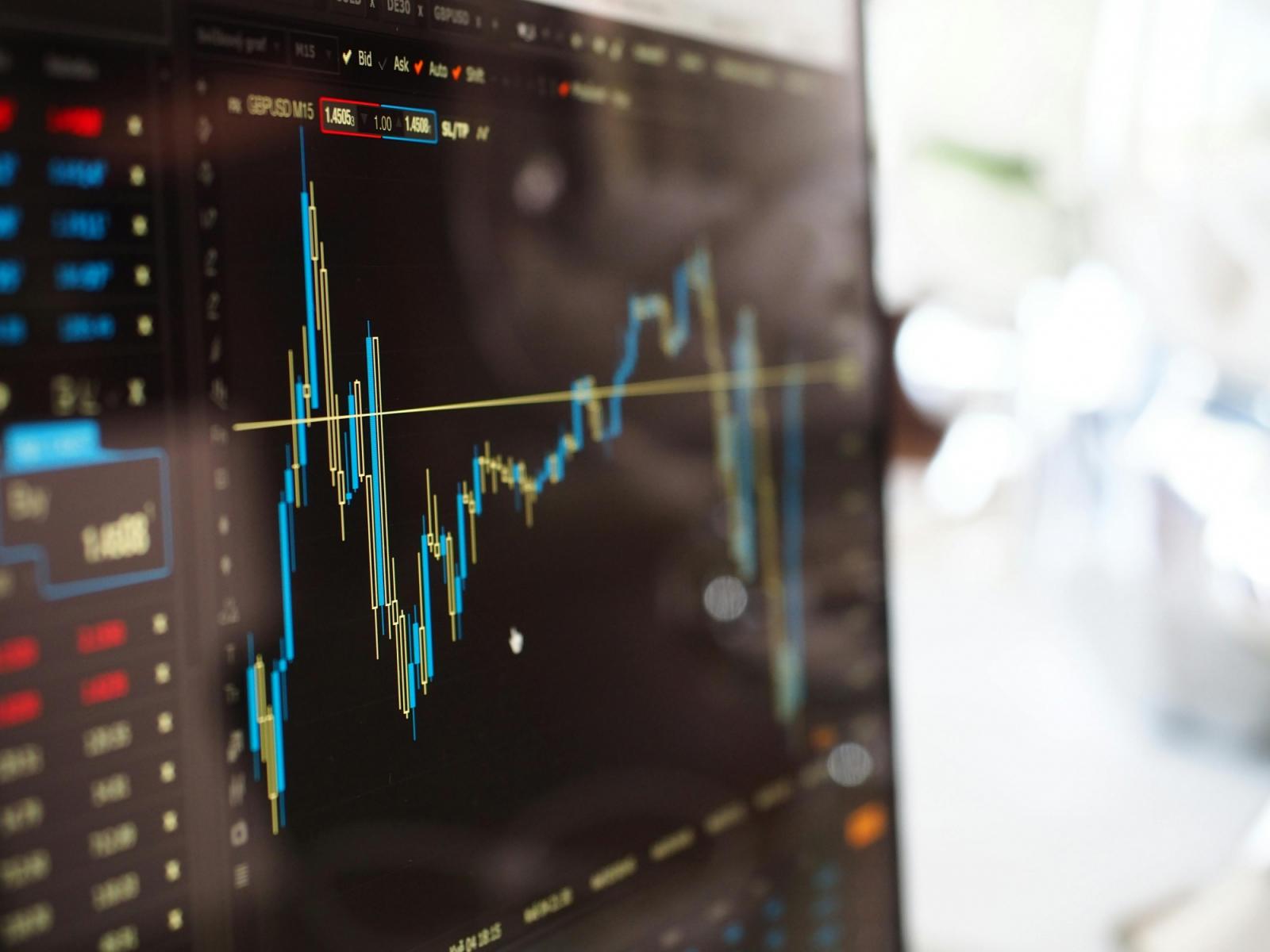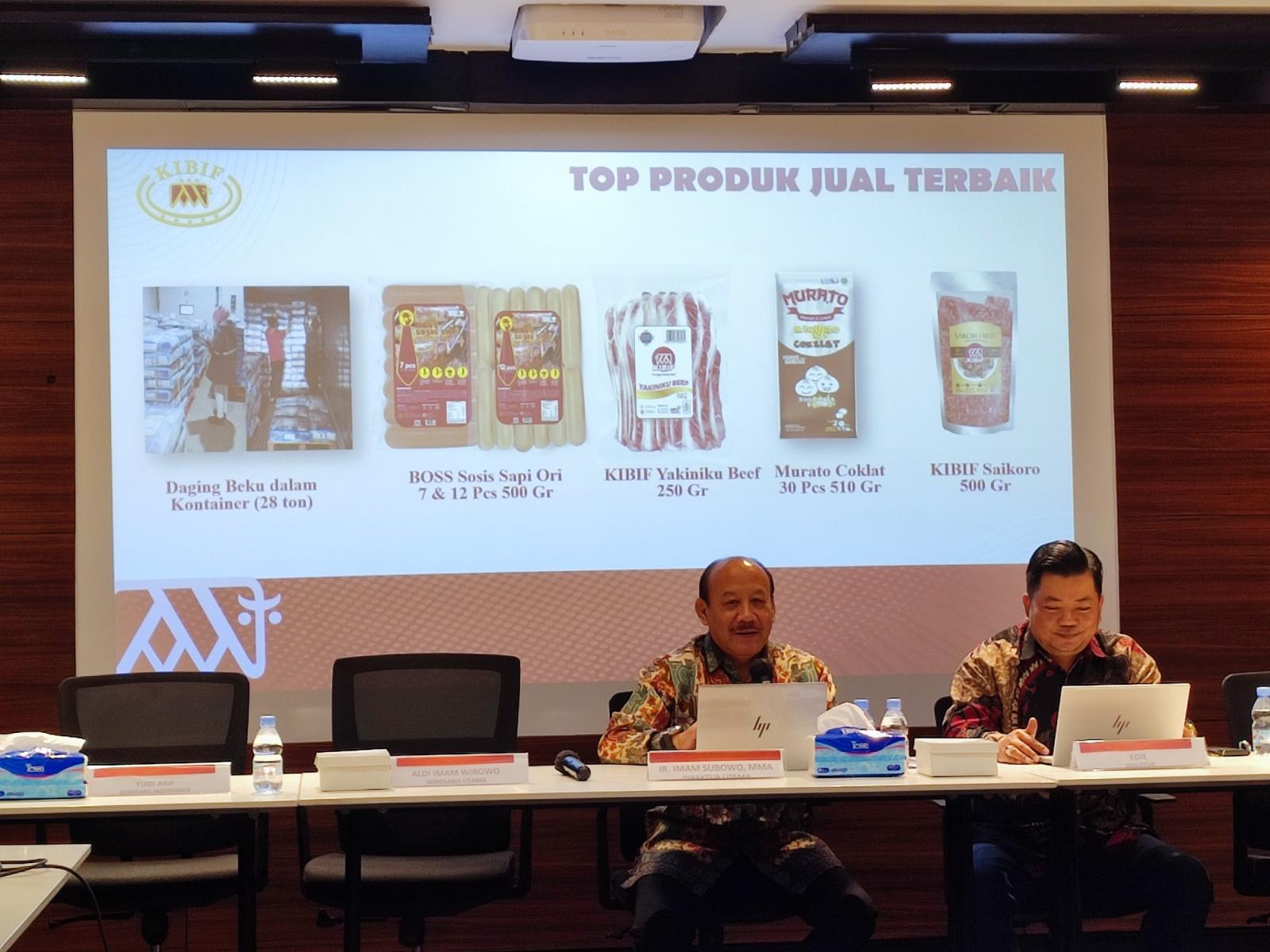
Rebounding from the sharp losses in the previous session, the Japanese stock market is sharply higher on Tuesday, with the Nikkei 225 moving well above the 38,500 level, following the broadly positive cues from Wall Street overnight, with gains across all the sectors led by index heavyweights and technology stocks.
The markets react to incoming PM Shigeru Ishibas support for the Bank of Japans moves to raise interest rates from their near-zero level and also backed other policies, such as possibly raising corporate taxes.
The benchmark Nikkei 225 Index is up 649.65 points or 1.71 percent at 38,569.20, after touching a high of 38,621.94 earlier. Japanese shares ended sharply lower on Monday.
Market heavyweight SoftBank Group is gaining almost 3 percent and Uniqlo operator Fast Retailing is adding almost 2 percent. Among automakers, Honda is gaining more than 2 percent and Toyota is adding almost 2 percent.
In the tech space, Advantest is gaining almost 2 percent, Screen Holdings is advancing almost 3 percent and Tokyo Electron is adding more than 3 percent.
In the banking sector, Mitsubishi UFJ Financial, Sumitomo Mitsui Financial and Mizuho Financial are gaining 2.5 percent each.
The major exporters are mostly higher. Canon is adding almost 2 percent and Mitsubishi Electric is adding more than 1 percent, while Panasonic and Sony are edging up 0.2 to 0.5 percent each.
Among the other major gainers, Kawasaki Heavy Industries is soaring more than 8 percent and Mitsubishi Heavy Industries is surging almost 7 percent, while IHI and Japan Steel Works are advancing more than 7 percent each. TDK and Ebara are gaining more than 5 percent each, while Fujikura and Nitto Denko are adding more than 4 percent each. Nomura Holdings, Disco, Japan Exchange Group, Hitachi and Isetan Mitsukoshi are rising almost 4 percent each. Socionext is up more than 3 percent.
Conversely, there are no other major losers.
In economic news, the unemployment rate in Japan came in at a seasonally adjusted 2.5 percent in August, the ministry of Internal Affairs and Communications said on Tuesday. That was below expectations for 2.6 percent and down from 2.7 percent in July. The jobs-to-applicant ratio was 1.23, which missed forecasts for 1.24 - which would have been unchanged from the previous month. The articipation rate ticked up to 63.6 percent from 63.5 percent a month earlier.
The latest survey from Jibun Bank revealed that the manufacturing sector in Japan continued to contract in September, and at a faster rate, with a manufacturing PMI score of 49.7. Thats down from 49.8 in August and it moves further beneath the boom-or-bust line of 50 that separates expansion from contraction.
Meanwhile, the Bank of Japans quarterly Tankan Survey of business sentiment showed large manufacturing in Japan was steady in the third quarter of 2024, with a diffusion index score of +13. That beat forecasts for a reading of +12 and was unchanged from three months ago. The outlook came in at +14, matching expectations and steady from the previous quarter.
The large non-manufacturers index came in at +34, beating forecasts for +32 and up from +33. The outlook was +28, down from +34 three months earlier. The medium manufacturing index was at +8 with an outlook of +9, while the medium non-manufacturing index was at +23 with an outlook of +16. The small manufacturing index was at 0, while the small non-manufacturing index was at +14.
In the currency market, the U.S. dollar is trading in the higher 143 yen-range on Tuesday.
On Wall Street, stocks showed a lack of direction over the course of the trading session on Monday before eventually ending the day mostly higher. The major averages all finished the day in positive territory following the mixed performance seen last Friday.
The Dow inched up 17.15 points or less than a tenth of a percent to a new record closing high of 42,330.15, while the Nasdaq climbed 69.58 points or 0.4 percent to 18,189.17. The S&P 500 also rose 24.31 points or 0.4 percent to a new record closing high of 5,762.48.
Meanwhile, the major European markets all moved to the downside on the day. While the French CAC 40 Index tumbled 2.0 percent, the U.K.s FTSE 100 Index slumped by 1.0 percent and the German DAX Index slid by 0.8 percent.
Crude oil prices settled flat on Monday as uncertainty about the outlook for oil demand from China weighed on prices. West Texas Intermediate Crude oil futures for November ended down $0.01 at $68.17 a barrel.





